Competitive Benchmarking
The Northridge Group – A Leading Management Consulting Firm

Quality Monitoring
identifying competition
Creating seamless and innovative customer experiences that outshine the competition can be challenging. Stay ahead of the curve by equipping yourself with the right data and analytics to benchmark your performance.
At Northridge, we partner with organizations to extract crucial data and unearth valuable insights. Our expertise enables leaders to make informed decisions that not only enhance customer satisfaction but also boost their bottom lines.
Quality Monitoring
Measuring Competitor performance

Is your Contact Center in the right location to attract the talent you are looking for? This is often a difficult question to answer because there are so many competing considerations.
As part of a general labor market analysis, The Northridge Group assists clients with:
Customer Experience Research Tactics
* Implementation
Customer Interviews
Conduct one-on-one interviews either in person or via video calls to delve deeper into customer thoughts and feelings.
Usability Testing
Invite customers to use a product while observing and noting problems and areas for improvement.
Customer Journey Mapping
Map out each step of the customer’s experience and identify touchpoints where engagement occurs.
Net Promoter Score (NPS)
Ask customers how likely they are to recommend the company to friends or colleagues on a scale of 0-10 and follow up with open-ended questions for detractors.
Sentiment Analysis
Use text analysis tools to assess the sentiment of comments, reviews, and posts.
Field Studies and Ethnographic Research
Visit places where customers use the product or service, observing and interacting subtly without influencing their behavior.
Integrating CX Research into Business Strategy
Combining various research tactics provides a comprehensive view of customer experiences, highlighting strengths and pinpointing areas for improvement.
- Data-Driven Decisions
- Continuous Improvement
Design, Research & Administration Analytics
Design, Research, and Administration Analytics (DRA Analytics) play a crucial role in measuring and building competitive benchmarking. Here’s how each component contributes to the process:
Design Analytics
Focuses on the effectiveness and efficiency of product and service design in meeting customer needs and standing out in the market. We use data from user testing, A/B testing, and customer feedback to gauge the acceptance and usability of designs. This helps in comparing the aesthetic appeal, user friendliness, and functionality of products/services against competitors.
Research Analytics
These aim to gather and analyze comprehensive market and consumer data to support strategic decisions. We employ techniques such as market segmentation, consumer behavior analysis, and trend analysis. This involves collecting data through surveys, focus groups, and market scans. This information provides insights into market dynamics, consumer preferences, and emerging trends. Helps businesses understand where they stand in the market compared to competitors and identify areas for innovation and improvement.
Administration Analytics
The purpose involves the analysis of internal operations to enhance efficiency and effectiveness. We analyze data related to internal processes, employee performance, and resource allocation. This offers a basis for improving operational efficiency, reducing costs, and optimizing resources. Helps in benchmarking internal administrative functions against industry best practices or direct competitors, ensuring the organization is not only competitive externally but also streamlined internally.
DRA Analytics
When integrated effectively, DRA Analytics can provide a robust framework for competitive benchmarking:
By analyzing these diverse areas, companies can identify not only how they stack up against the competition but also where they can potentially disrupt or innovate to gain market share.
Customer Experience (CX)
CX encompasses the broad interaction between a customer and a company throughout the duration of their relationship. This includes everything from navigating the website to interacting with customer service and the emotions evoked throughout the journey.
Common metrics include Customer Satisfaction (CSAT), Net Promoter Score (NPS), Customer Effort Score (CES), and churn rate. These metrics provide insights into overall customer satisfaction and loyalty.
User Interface (UI)
UI focuses specifically on the design and layout of the product interfaces that customers interact with. This can be anything from a website or app to a physical product interface.
Key UI metrics might include error rate, completion rate, time to complete tasks, and user engagement metrics such as clicks, scrolls, and interaction times. These metrics help identify usability issues and areas for improvement in the interface design.
Performance Metrics
These metrics evaluate the efficiency and effectiveness of both digital and physical systems. Performance metrics can apply to web/app performance, operational processes, and even team performance.
For digital performance, common metrics include page load times, server response times, and uptime. Operational performance metrics might include cycle times, fulfillment accuracy, and response times.
Integrating CX, UI, and Performance Metrics
Combining CX, UI, and performance metrics provides a comprehensive view of how well a company delivers value to its customers. This approach helps identify not just what issues exist, but why they exist and how they can be fixed.
Customer-Centric Strategy: By focusing on these metrics, businesses can align their strategies more closely with customer needs and preferences, enhancing customer satisfaction and loyalty.
Benefits of Integration
Enhanced User Experience: A seamless UI contributes to a positive CX, reducing friction and enhancing satisfaction.
Operational Excellence: High performance, measured through effective metrics, ensures that the backend operations support a smooth customer-facing experience.
Business Growth: Improvements across these metrics can lead to better customer retention, more efficient operations, and ultimately, greater profitability.
experience + excellence
The NRG Training Assessment
Would a full assessment of your existing training programs help you to gain a better understanding of what’s working, what isn’t …and what’s available that will work for your operation?
We provide businesses with the tools they need to make informed decisions. Once our assessment is complete, our team of experts will work with you to build a custom solution that fits your needs. Our use of state-of-the-art technology guarantees you’ll be able to access your data whenever and wherever you need it.

Meet Our Clients
They Believe In Us
See the companies who place their trust in us for all their contact center needs.


















Read our latest blogs & Case Studies

How NRG Helped an International Manufacturer Prepare for Growth
The Situation An international manufacturing company with retail locations worldwide reached out to The Northridge Group for help. The parent company was experiencing a great

The Northridge Group Add Tuggle to Executive Advisors
“Anthony brings to us his extensive knowledge of business operations, customer experience, technology, and leadership. His recent AI and technical implementation experience will enhance our

The Northridge Group Add Two New Executive Advisors
WBE Firm Names Two Female’s to Advisory Positions PRESS RELEASE FOR IMMEDIATE RELEASE CHICAGO, April 2024/PRNewswire/ — The Northridge Group, an award-winning, women-owned management consulting firm

